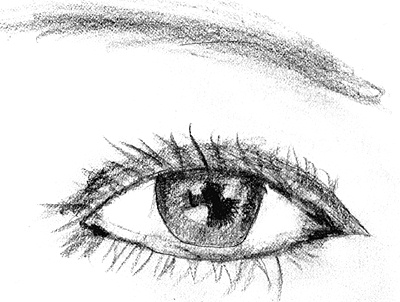All Nonfiction
- Bullying
- Books
- Academic
- Author Interviews
- Celebrity interviews
- College Articles
- College Essays
- Educator of the Year
- Heroes
- Interviews
- Memoir
- Personal Experience
- Sports
- Travel & Culture
All Opinions
- Bullying
- Current Events / Politics
- Discrimination
- Drugs / Alcohol / Smoking
- Entertainment / Celebrities
- Environment
- Love / Relationships
- Movies / Music / TV
- Pop Culture / Trends
- School / College
- Social Issues / Civics
- Spirituality / Religion
- Sports / Hobbies
All Hot Topics
- Bullying
- Community Service
- Environment
- Health
- Letters to the Editor
- Pride & Prejudice
- What Matters
- Back
Summer Guide
- Program Links
- Program Reviews
- Back
College Guide
- College Links
- College Reviews
- College Essays
- College Articles
- Back
Pride and Prejudice MAG
Bigotry is still an issue in our society today, and Hillel Zand makes this point clearly in “Pride and Prejudice.” He explains that he is constantly the victim of slurs and harmful jokes about his religion. He proves that bullying can do a lot to a person. In the first paragraph, he states that he has always been proud of being Jewish, but after the jokes, he rethought everything about his religion and heritage.
Hillel says that his friends don't bother to learn anything about his faith and culture, and instead just use it as a source of offensive jokes, which bothers him the most.
This piece was very inspiring and taught me a lot. At the end, he says that he believes education is the means to end religious discrimination. Hillel also says, “Some have argued that a person's religion is a choice, and that if I don't like being taunted for being Jewish, I should convert. To me, that's absurd. No matter how much anti-Semitism I experience, I will always be a Jew.” I completely agree. I am also Jewish, and even though I haven't faced as much discrimination as Hillel, I still know what it feels like.
I felt that he was very honest. For example, he writes that he wasn't always aware how hurtful jokes about religion could be, and that he used to make polygamy jokes in front of a Mormon friend. Hillel says that once he realized how dangerous such jokes are, he stopped. He wonders why his friends can't show him the same respect. In my opinion, if his friends won't stop making jokes despite Hillel asking them to, they're not truly his friends. I'm surprised that he doesn't realize this.
Another positive aspect of his piece is his writing style. I thought it was excellent and personable. For instance, he says, “Let's face it: being a minority can suck sometimes. But that's reality.” This informality made the article even more likable. This article was very touching, relatable, and, all in all, very well done.

Similar Articles
JOIN THE DISCUSSION
This article has 0 comments.
